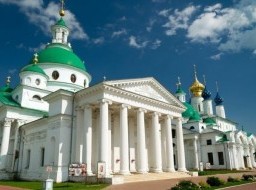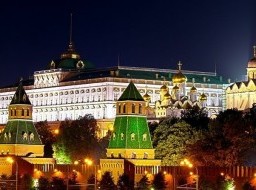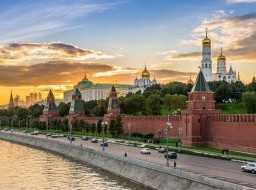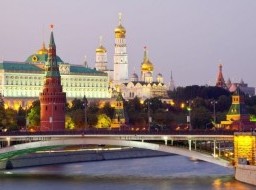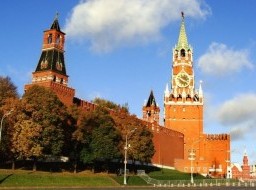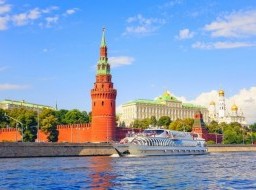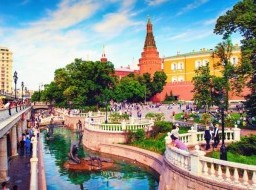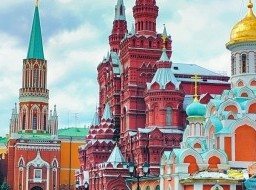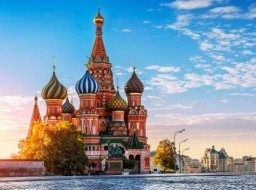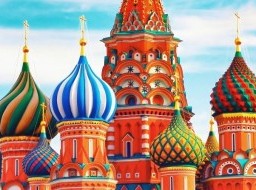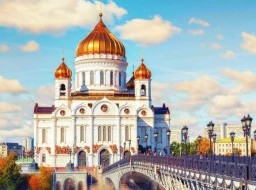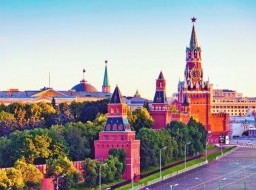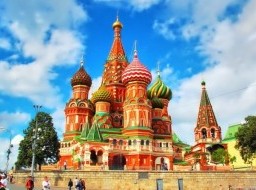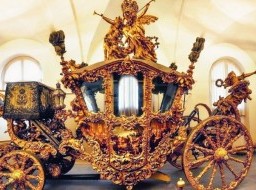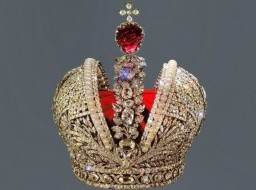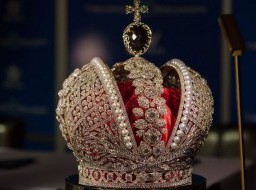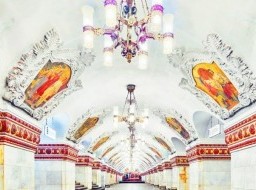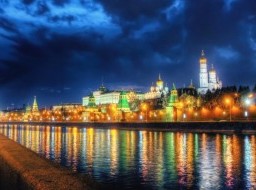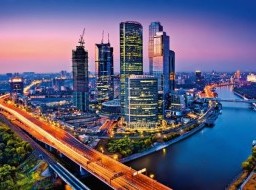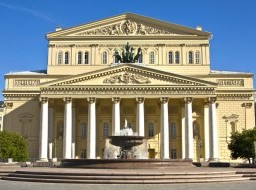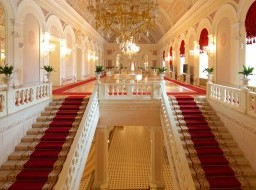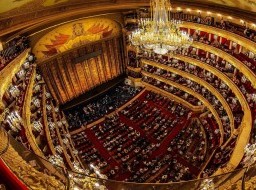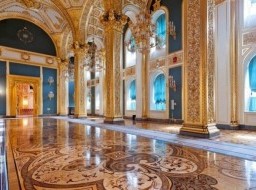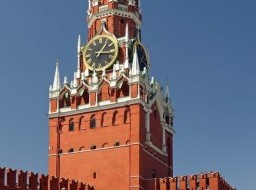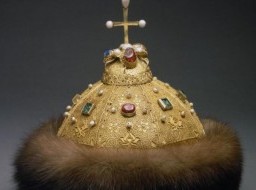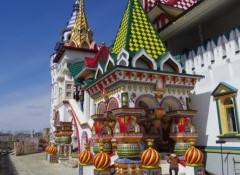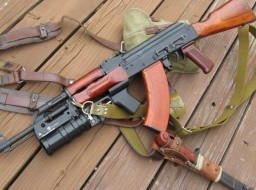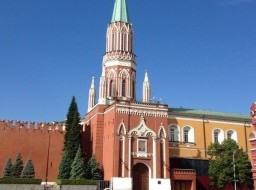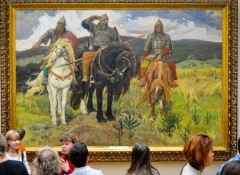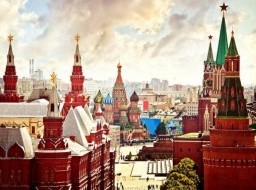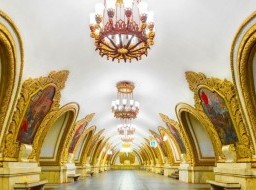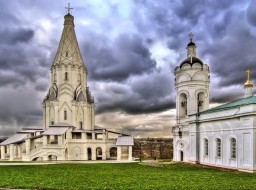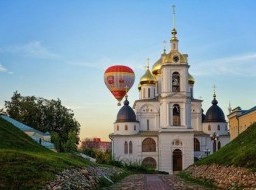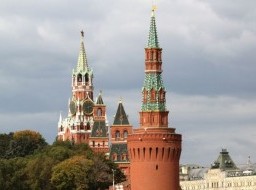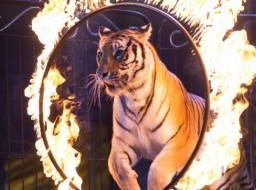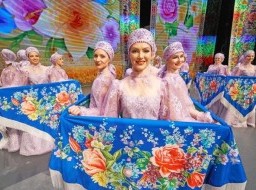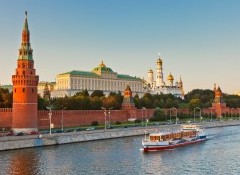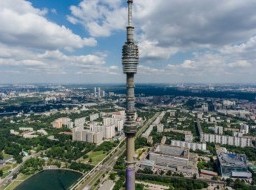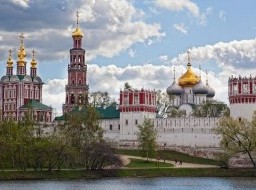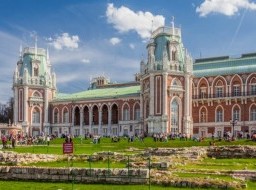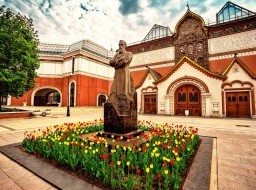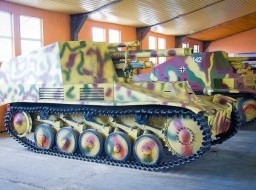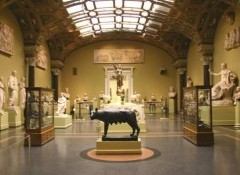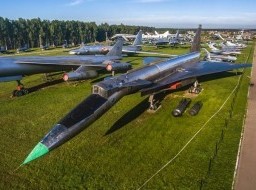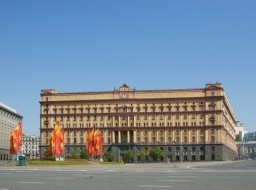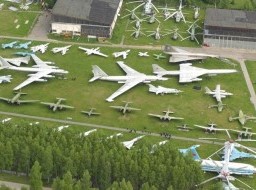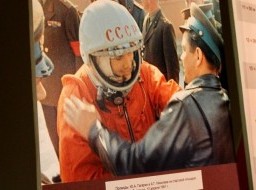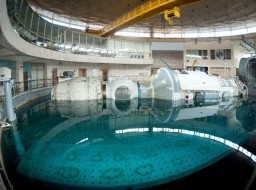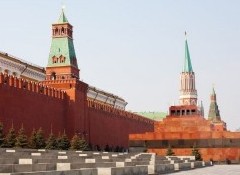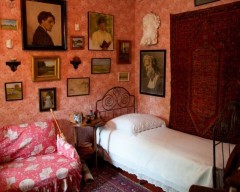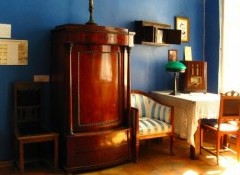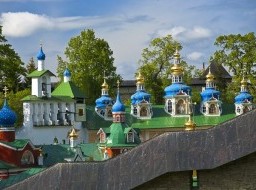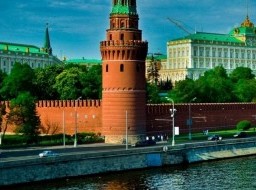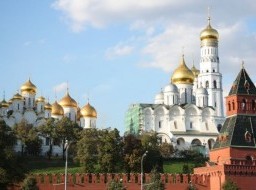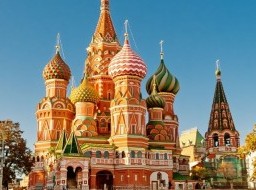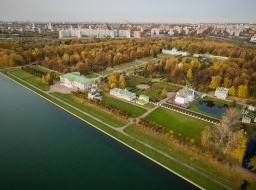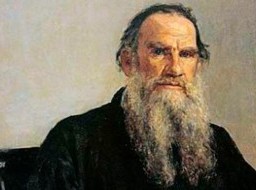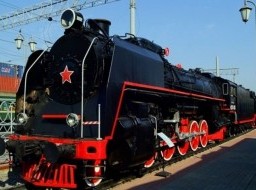Manezhnaya Square
Manezhnaya is a large pedestrian open space in the Tverskoy District, at the heart of Moscow. It is bound by the Hotel Moskva to the east, the State Historical Museum and the Alexander Garden to the south, the Moscow Manege to the west, and the 18th-century headquarters of the Moscow State University to the north. The Manezhka (as it is familiarly known) had its origins in Moiseyevskaya Square, which was formed in 1798 in consequence of the demolition of the medieval Moiseyevsky Monastery which had stood on the banks of the muddy Neglinnaya River since the times of Ivan the Terrible. Although the river was later culverted, the neighbourhood remained crammed with public houses and taverns which gave the area its infamous nickname of "Moscow's belly". A decision was reached in 1932 to pull down these "ugly relics of the bourgeois lifestyle" in order to make room for Communist meetings and demonstrations. As a result, the 19th-century Grand Hotel and several Neoclassical mansions by Osip Bove were dismantled, whereupon the Moiseyevskaya Square was expanded to its present size and renamed Manezhnaya after the Moscow Manege it now abutted upon. Notwithstanding its new name, the eastern side of the square came to be dominated by another building, the newly built Hotel Moskva, a hybrid of several styles, most notable for its huge proportions and uptight look. In 1967, the square was renamed after the 50th Anniversary of the October Revolution. Furthermore, in order to commemorate that event, the Communist authorities laid a foundation stone for a grandiose sculptural monument, which failed to materialize. In August 1991, Manezhnaya Square (its name by then restored) became a venue for great demonstrations celebrating the fall of Communism after the abortive Soviet coup attempt of 1991. More recently, it made the news in connection with riots following the Russia national football team's defeat at the 2002 FIFA World Cup. The place became a stage of rioting again in December 2010, when thousands of youth representing football fans and/or those who support nationalist slogans held a rally at Manezhnaya which turned violent. It resulted in local rioting and ethnically motivated violence across Moscow and nationwide and made the square's name common in media when it comes to growth of nationalist sentiments in modern Russia. |
|
